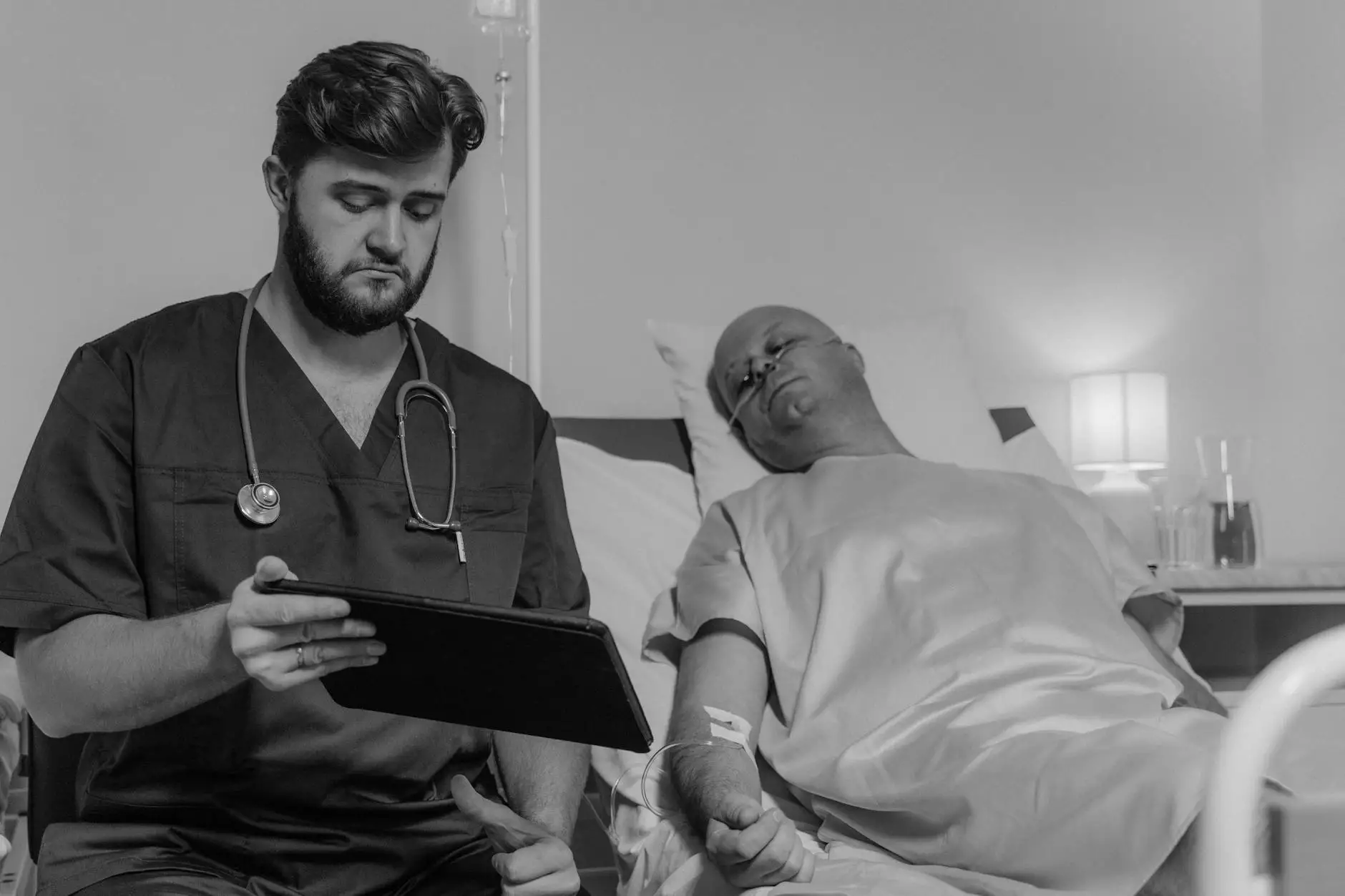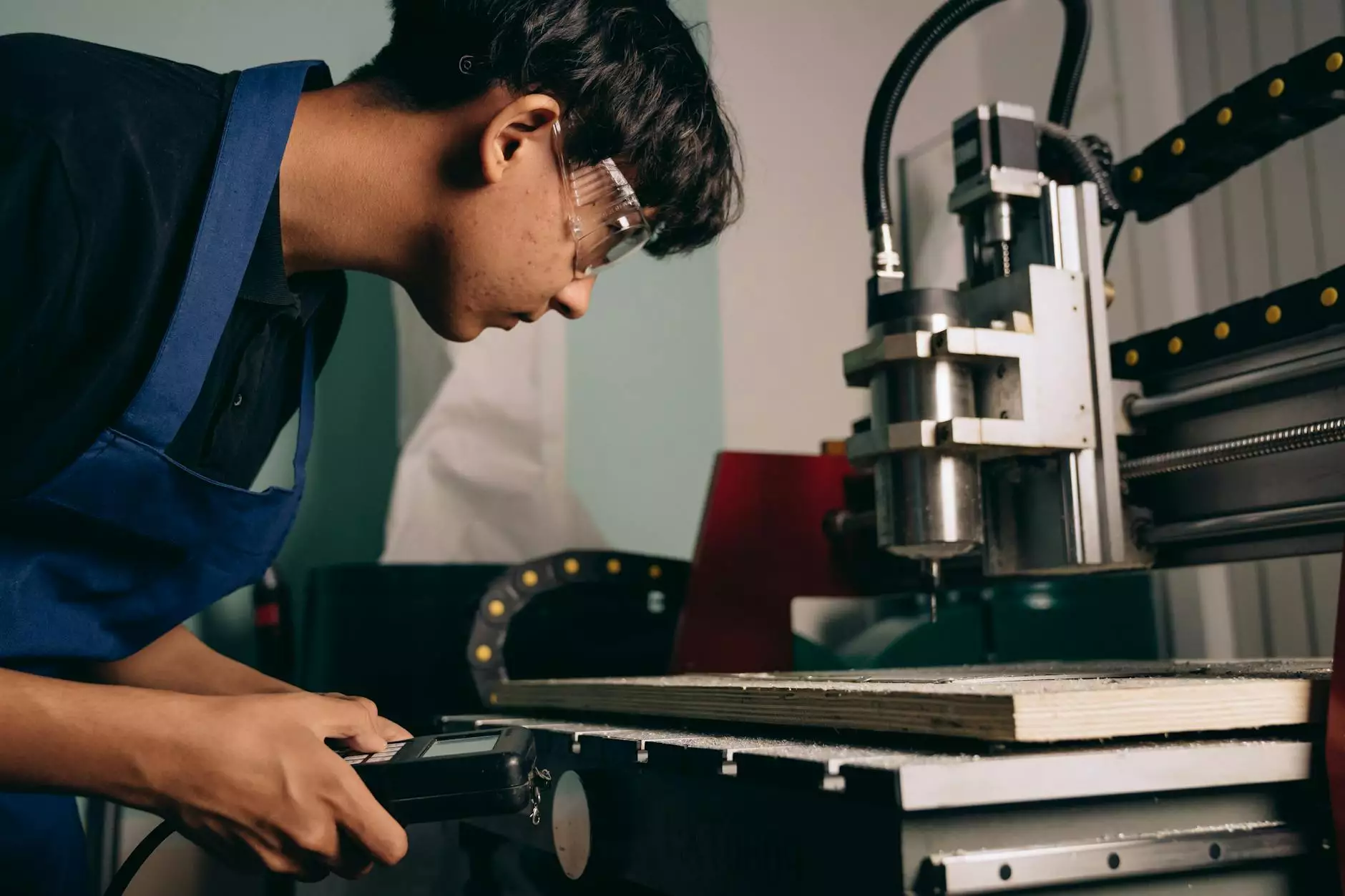Cancer Specialist Doctors: Navigating Your Path to Expert Care

Cancer specialist doctors, also known as oncologists, are critical in the fight against cancer. With a myriad of cancer types, advanced treatment options, and a constantly evolving understanding of cancer biology, having a dedicated specialist can make all the difference. This article explores what cancer specialist doctors do, the various types of oncologists, and how to choose the right one for your needs.
What Do Cancer Specialist Doctors Do?
Cancer specialist doctors play a multifaceted role in the diagnosis, treatment, and management of cancer. Their responsibilities include:
- Diagnosis: Using a combination of imaging, laboratory tests, and biopsies to accurately diagnose cancer.
- Treatment Planning: Developing personalized treatment plans based on the specific cancer type, stage, and the patient's overall health.
- Administration of Treatment: Overseeing the administration of chemotherapy, radiation therapy, and immunotherapy.
- Patient Support: Providing emotional support and resources to help patients cope with the diagnosis and treatment journey.
- Follow-up Care: Monitoring patients post-treatment to manage any side effects and to check for recurrence.
Types of Cancer Specialist Doctors
There are several sub-specialties within oncology, each focusing on different aspects of cancer care. Below are the primary types of cancer specialist doctors you may encounter:
1. Medical Oncologists
Medical oncologists are often the first point of contact for cancer patients after diagnosis. They specialize in systemic therapies such as chemotherapy, hormone therapy, and targeted therapy. They coordinate overall care and collaborate with other specialists.
2. Surgical Oncologists
Surgical oncologists focus on the surgical aspects of cancer treatment. They perform biopsies, tumor removals, and other procedures to treat cancer thoroughly. They are integral in staging cancer and may help in palliative care.
3. Radiation Oncologists
Radiation oncologists specialize in treating cancer with radiation therapy. They design treatment plans that maximize the effectiveness of radiation while minimizing damage to surrounding healthy tissue.
4. Pediatric Oncologists
Pediatric oncologists are specialists who treat children with cancer. They understand the unique needs and treatment responses of younger patients, providing both medical and emotional support.
5. Hematologist-Oncologists
These specialists focus on cancers of the blood, such as leukemia and lymphoma. They are experts in both hematology and oncology, providing comprehensive care for blood-related cancers.
Why Choosing the Right Cancer Specialist Doctor Matters
Choosing the right cancer specialist doctor is crucial not only for treatment outcomes but for your overall experience as a patient. The right oncologist will:
- Understand your specific type of cancer and its nuances.
- Communicate effectively, ensuring you understand your treatment options.
- Be accessible for questions and concerns throughout your treatment journey.
- Work collaboratively with other healthcare professionals to coordinate comprehensive care.
- Support you emotionally and psychologically during challenging times.
How to Choose a Cancer Specialist Doctor
Selecting the right cancer specialist doctor can feel overwhelming, but breaking it down into manageable steps can simplify the process:
1. Seek Referrals
Start by asking your primary care physician for recommendations. Additionally, speak with family, friends, or patient support groups who may have insights into oncologists they trust.
2. Research Credentials
Verify the oncologist's qualifications, board certifications, and experience treating your specific type of cancer. Look for specialists associated with accredited cancer centers, as they often have access to the latest treatments and clinical trials.
3. Consider Compatibility
Arrange a consultation to assess how you feel about the oncologist. You should feel comfortable asking questions and discussing your treatment options. A good rapport is essential for a successful patient-doctor relationship.
4. Evaluate the Treatment Approach
Ask about the treatment strategies the oncologist prefers and ensure they align with your values and preferences. Inquire if they are receptive to integrating complementary therapies.
5. Check for Support Services
Inquire about the support services offered through the practice or hospital, including nutritionists, social workers, and mental health resources. A holistic approach to cancer care is beneficial for overall well-being.
Advancements in Cancer Treatment
The field of oncology is continuously evolving, with innovative treatments emerging that offer hope to patients. Here are some noteworthy advancements:
1. Immunotherapy
Immunotherapy harnesses the body’s immune system to recognize and attack cancer cells. This revolutionary approach has transformed the treatment of various cancer types, giving some patients more effective options with fewer side effects than traditional therapies.
2. Targeted Therapy
Targeted therapy aims to interfere with specific molecules involved in tumor growth and progression. These treatments are personalized and have shown effectiveness in patients whose tumors possess certain genetic markers.
3. Precision Medicine
Precision medicine tailors treatment to the individual characteristics of each patient and their cancer. This approach can include genetic testing to better understand the disease and target treatments accordingly.
4. Clinical Trials
Participating in clinical trials can offer access to cutting-edge treatments and therapies that are not widely available yet. Always consult with your oncologist about potential clinical trial opportunities.
Emotional and Psychological Support During Treatment
Dealing with cancer can take a toll on mental health. It’s essential to seek support throughout your journey. Here are some resources that can help:
- Support Groups: Joining a cancer support group can connect you with others facing similar challenges.
- Therapy: Professional counseling can help address fears, anxiety, and emotional responses to cancer.
- Online Resources: Websites like the American Cancer Society offer a wealth of information and support options.
Conclusion: Empowering Your Cancer Journey
Choosing the right cancer specialist doctor is an empowering step on your cancer journey. Remember, you are not alone in this fight. With dedicated professionals by your side and a network of support, you can navigate your treatment options confidently and take control of your health. Don't hesitate to reach out for help, ask questions, and advocate for the best care possible.
Contact Us for More Information
If you are looking for a trusted cancer specialist doctor or have more inquiries about our services, visit oncologicalsurgery.net for comprehensive support and resources tailored to your needs.









